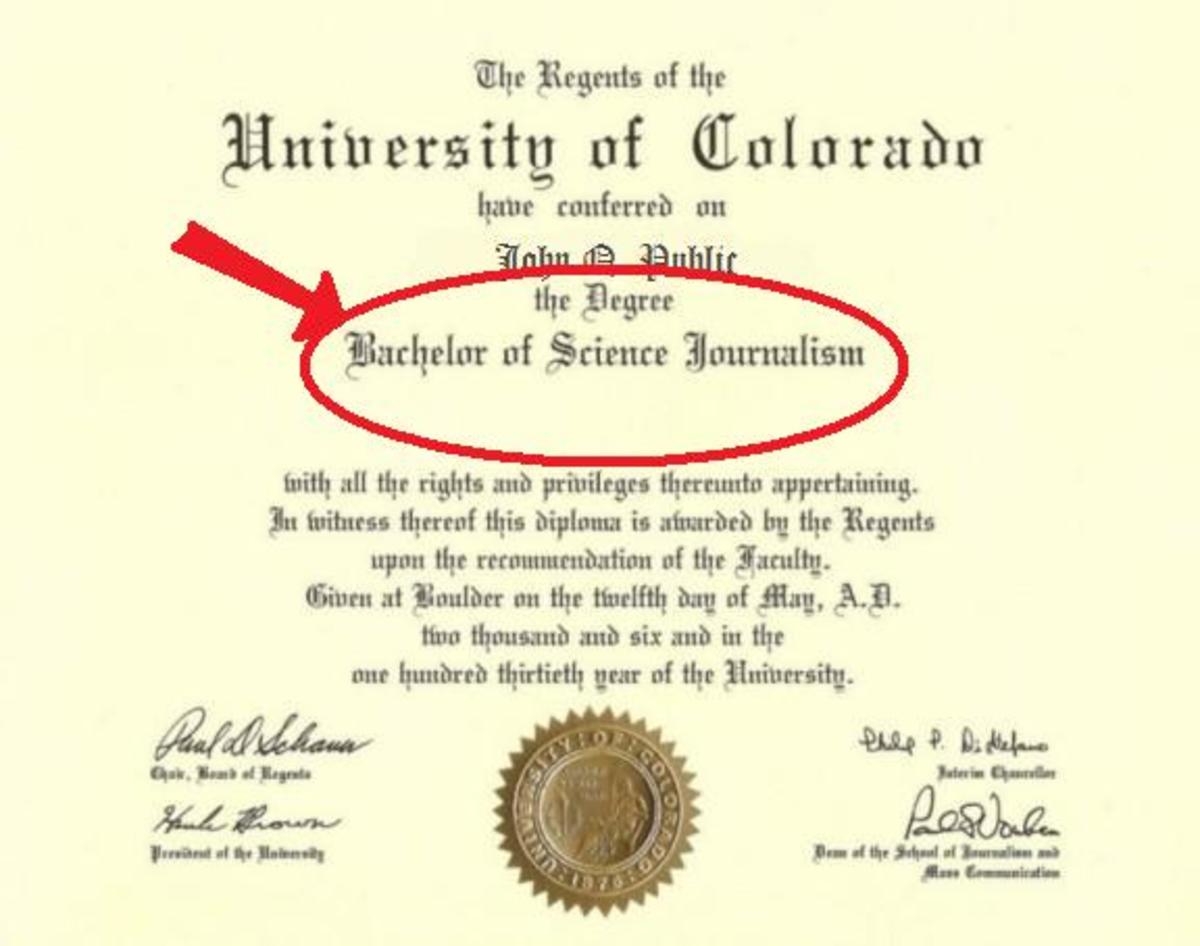Defending Wikipedia

Introduction
If you are for freedom and democracy and the free market, then Wikipedia is the best example of that philosophy. Many in Academia and the publishing professionals tends to write off Wikipedia as amateurish or biased or deceptive. However, I want to make the case that even though it is not a perfect source, it is the best free source of information.
- January 2016
What Is Wikipedia?
The following is taken from the about Wikipedia website.
"Wikipedia is written collaboratively by largely anonymous volunteers who write without pay. Anyone with Internet access can write and make changes to Wikipedia articles, except in limited cases where editing is restricted to prevent disruption or vandalism. Users can contribute anonymously, under a pseudonym, or, if they choose to, with their real identity.
The fundamental principles by which Wikipedia operates are the five pillars. The Wikipedia community has developed many policies and guidelines to improve the encyclopedia; however, it is not a formal requirement to be familiar with them before contributing."
My Own Example
I am a big supporter and user of Wikipedia. I've also contributed on one occasion regarding a plaque along the side of Taconic Parkway near the town where I live. I happened across this plaque on a hike and decided to take a photo and did a little research and posted the info on Wikipedia. I am a supporter of local history and preservation and conservation. I thought this plaque had historical significance for our town and the history of the Taconic Parkway.
An Excellent Example of Wikipedia Content
I am also a fan of DWTS show. I've been watching it since its inception. I found Wikipedia's entry on DWTS the best source of information. Not only is the information accurate, it is also updated almost instantaneously and presented in an easy to read format.
Here is an example of the past season 21 results. Notice the layout and the color coding and the table of facts and data. It is well thought out and a lot of work. It blows my mind that some individual has volunteered their time to post these data and update them as the show was in progress. I trust in the accuracy of the results.

Why Is Wikipedia the best?
It is best because the content is well laid out and presented in a concise and logical manner. It is best because it comes usually with lots of references at the end. It is best because it is created by volunteers who believes in what they are doing. Their motivation is a key component.
I do realize that on certain topics, some individuals with an agenda will use Wikipedia to shade the truth and possibly even engaged in deceit. There is some checking and verification and flagging of suspicious or biased content.
All sources have similar defects one way or another. The user should be the ultimate decider on what is good and acceptable content.
The democratic process and free market principles are at play here. The credibility of content and the people who created them are on the line. People in general will act in their own best interest, over long haul, it also benefits the global community.
I'm reminded of the following quote - “The great virtue of a free market system is that it does not care what color people are; it does not care what their religion is; it only cares whether they can produce something you want to buy. It is the most effective system we have discovered to enable people who hate one another to deal with one another and help one another.”
― Milton Friedman
This statement applies just as well to Wikipedia.

Relation To Google???
Some people have the idea that there is some conspiracy between Wikipedia and Google search engine. They are questioning why Wikipedia pages always seems to rank very high on google searches. Some here on HubPages have made the charge - "Google deliberately forces Wikipedia articles to the top of search results..." That is totally false. Google search follows a proprietary algorithm that determines the "rank" of a web page due to many factors including the number of visits to the page, the number of links to the page, and keywords that affects the indexing of the page. There is a whole industry of SEO experts that claims to be able to optimize their web pages for high search ranking. Periodically, Google will tweak their algorithm so as to shake up the search results. Being on HubPages for the past year and on Squidoo for six years before that, I've noticed that both have achieved pretty good search rank with Google. It is a mystery but it is not a conspiracy. IMHO, It has more to do with the links and cross links that all these sites are structured.
I have done an experiment a while back, taking an identical content and created a Squidoo lens, and a standalone blog. Guess what, after a few days, the Squidoo page was near the top of search ranking while the blog is no where to be found.
Some Related Information
- Wikipedia Home Page
- Google Search Ranking of Hubpages
My experience with google search ranking on one of my hub. Dec. 2014 - Algorithms – Inside Search – Google
Summary
I wanted to give my two cents worth on Wikipedia. I use it at times when I write a hub on a particular subject matter and the Wikipedia page would provide more details on one item so that I would not have to summarize it. It just make sense in a Web 2.0 environment. Why rewrite something when it's been done already?
I also use it to point to data that have been compiled by others. I trust in the accuracy of the data because I have faith in humanity.
Of course, caveat emptor.





